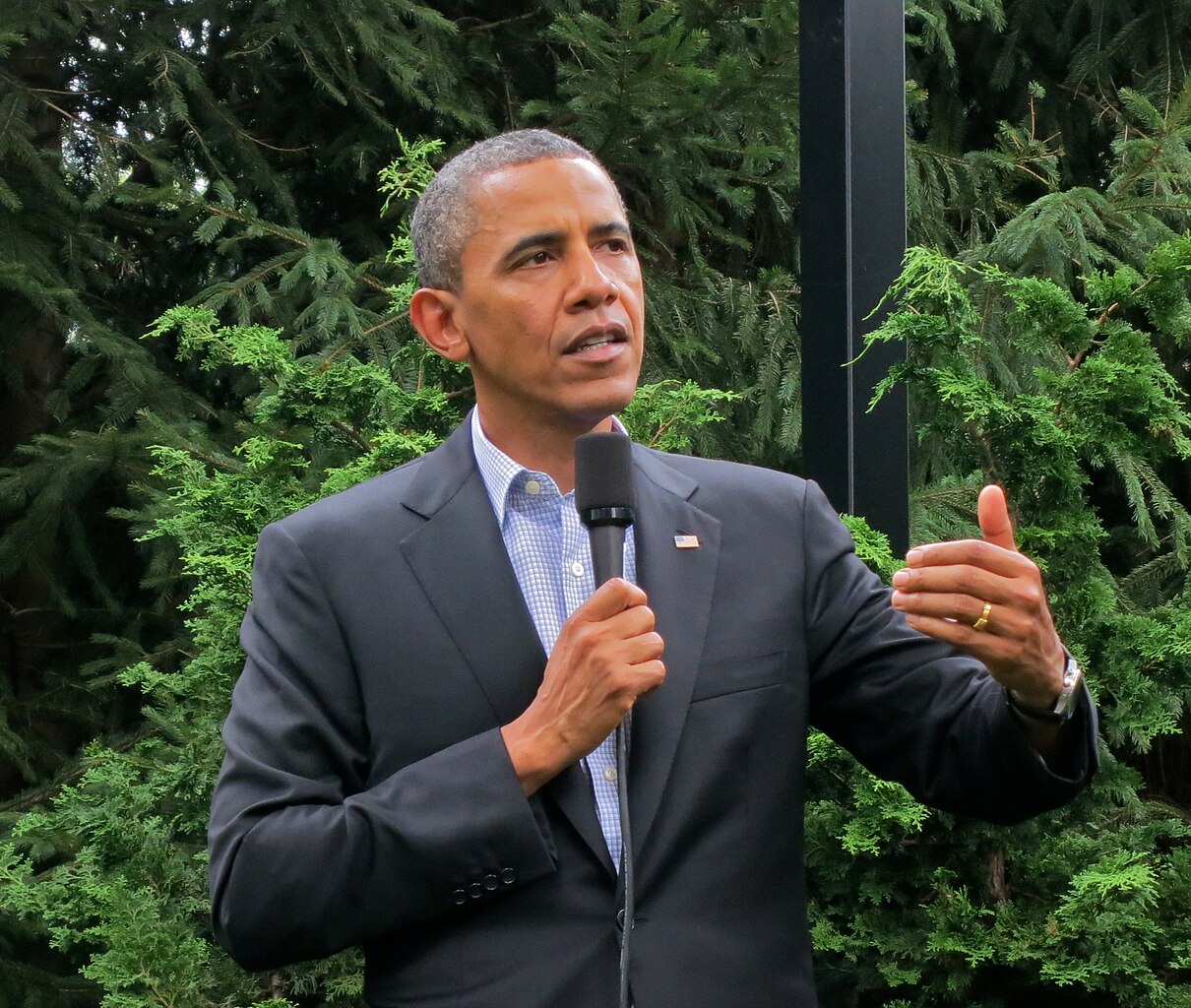Rumors linking former President Barack Obama to the Antichrist have resurfaced in certain corners of political and religious discourse. These unfounded claims, which have circulated since Obama’s rise to the national stage, continue to persist despite the lack of credible evidence. While conspiracy theories often latch onto high-profile figures, this one stands out for its persistence and the divisive reactions it evokes across political and religious lines.
The idea that Barack Obama could be the Antichrist, a figure foretold in some Christian eschatology as an agent of global chaos, has long been circulated by fringe groups, particularly those skeptical of Obama’s policies and leadership. These conspiracy theories first emerged during his 2008 presidential campaign, when the former senator from Illinois became a household name. Although the claims lack theological or factual grounding, they have remained a topic of conversation for certain segments of the population, especially within conspiracy-driven online communities.
The origins of these rumors are rooted in a mixture of political opposition, racial prejudice, and interpretations of religious prophecy. Obama, as the first Black president of the United States, was often a target of misinformation, with critics latching onto anything that could discredit his leadership. The idea of Obama as the Antichrist has no basis in Christian scripture or religious doctrine, yet it was amplified by those looking to undermine his presidency through more than just political disagreements.
Despite these baseless accusations, Barack Obama’s legacy as a two-term president has remained largely focused on his legislative achievements, including the Affordable Care Act and efforts to stabilize the economy following the 2008 financial crisis. However, the persistence of the Antichrist rumor reflects the broader challenge of navigating the digital age, where misinformation can easily spread and take root in certain communities. With social media playing a central role in shaping public perception, these types of conspiracy theories are able to thrive despite frequent debunking.
The association of prominent political figures with biblical prophecy is not new. Throughout history, influential leaders have been accused of being the Antichrist or other malevolent figures from religious texts, often during times of societal upheaval or political change. In Obama’s case, the accusation seems to stem from his global prominence and progressive policies, which critics have at times portrayed as antithetical to traditional values. This narrative has resonated with some conservative religious groups who see his leadership as a threat to their worldview.
However, religious scholars and theologians have long dismissed these claims, pointing out that they lack any serious interpretation of Christian teachings. Most mainstream religious leaders view the accusations as a dangerous distortion of faith, cautioning against using religion as a tool for political attacks.
As the 2024 election cycle heats up, it is likely that rumors and conspiracy theories will continue to swirl around prominent political figures. While the Obama-Antichrist theory has been debunked repeatedly, its resurgence highlights the enduring nature of misinformation in American politics. The challenge remains in countering these baseless claims with factual information and responsible discourse.



 Middle East Conflict Escalates After Khamenei’s Death as U.S., Israel and Iran Exchange Strikes
Middle East Conflict Escalates After Khamenei’s Death as U.S., Israel and Iran Exchange Strikes  Israel Strikes Hezbollah Targets in Lebanon After Missile and Drone Attacks
Israel Strikes Hezbollah Targets in Lebanon After Missile and Drone Attacks  UK Accepts U.S. Request to Use British Bases for Defensive Strikes on Iranian Missiles
UK Accepts U.S. Request to Use British Bases for Defensive Strikes on Iranian Missiles  Iran Detains U.S. Citizens Amid Escalating Conflict With the United States and Israel
Iran Detains U.S. Citizens Amid Escalating Conflict With the United States and Israel  Israel Prepares Weeks-Long Military Campaign Against Iran Amid Escalating Air Strikes
Israel Prepares Weeks-Long Military Campaign Against Iran Amid Escalating Air Strikes  Melania Trump Chairs Historic U.N. Security Council Meeting on Children Amid Iran Conflict
Melania Trump Chairs Historic U.N. Security Council Meeting on Children Amid Iran Conflict  Trump Says U.S. Attacks on Iran Will Continue, Warns of More American Casualties
Trump Says U.S. Attacks on Iran Will Continue, Warns of More American Casualties  Zelenskiy Urges Change in Iran After U.S. and Israeli Strikes, Cites Drone Support for Russia
Zelenskiy Urges Change in Iran After U.S. and Israeli Strikes, Cites Drone Support for Russia  Trump and Merz Meet at White House Amid Iran Strikes and Trade Tensions
Trump and Merz Meet at White House Amid Iran Strikes and Trade Tensions  Marco Rubio to Brief Congress After U.S.-Israeli Strikes on Iran
Marco Rubio to Brief Congress After U.S.-Israeli Strikes on Iran  Supreme Court Backs GOP Lawmaker in New York Redistricting Fight Ahead of Midterms
Supreme Court Backs GOP Lawmaker in New York Redistricting Fight Ahead of Midterms  Pentagon Downplays ‘Endless War’ Fears After U.S. Strikes on Iran Escalate Conflict
Pentagon Downplays ‘Endless War’ Fears After U.S. Strikes on Iran Escalate Conflict  U.S. Deploys Tomahawks, B-2 Bombers, F-35 Jets and AI Tools in Operation Epic Fury Against Iran
U.S. Deploys Tomahawks, B-2 Bombers, F-35 Jets and AI Tools in Operation Epic Fury Against Iran  U.S. Military Strikes on Iran Complicate Xi-Trump Summit and Expose China’s Energy Risks
U.S. Military Strikes on Iran Complicate Xi-Trump Summit and Expose China’s Energy Risks  U.S. Lawmakers Question Trump’s Iran Strategy After Joint U.S.-Israeli Strikes
U.S. Lawmakers Question Trump’s Iran Strategy After Joint U.S.-Israeli Strikes  Does international law still matter? The strike on the girls’ school in Iran shows why we need it
Does international law still matter? The strike on the girls’ school in Iran shows why we need it  Trump to Attend White House Correspondents’ Dinner 2026, Ending Long Boycott
Trump to Attend White House Correspondents’ Dinner 2026, Ending Long Boycott 































